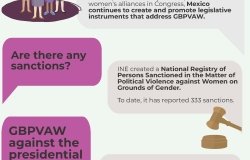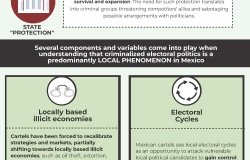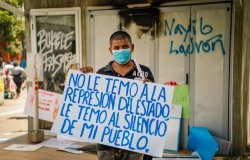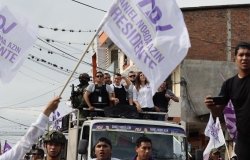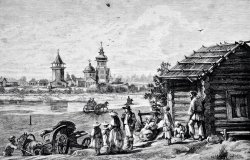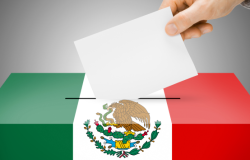Egypt: With This Redo, Do It Right
The celebratory fireworks at Tahrir Square are likely to be short-lived. The next year may well be more turbulent for Egypt than the last one, with greater political tension and economic trauma.

The celebratory fireworks at Tahrir Square are likely to be short-lived. The next year may well be more turbulent for Egypt than the last one, with greater political tension and economic trauma.
First, a coup is a coup is a coup. Egypt’s military is back in charge, as it has been for all but one year since the 1952 revolution ousted the monarchy. It is propping up a jurist it anointed president. Its tanks are on the streets. It has closed down media outlets. It engaged in arbitrary justice in arresting scores of government and Muslim Brotherhood officials, including the nation’s only civilian president ever democratically elected. And now the Egyptian military has killed Egyptians.
Last year, citizens were on the streets protesting military rule, which lasted a troubled 17 months. The army must prove it is not out to assume power again—or simply protect its vast economic interests. If the second transition does not play out swiftly or justly, protesters who welcomed the move by the military could turn on it again.
Second, the crisis is not just over who rules. It is also over the more basic question of how Egypt is governed. The new constitution has been suspended. It must now either be amended or rewritten, a process likely to inflame core passions that divided Egyptians during the first transition. The last one was hastily written with little national input. A redo should not be rushed through. It needs to end the controversies, not spark new ones.
Third, Egypt’s liberal and secular parties have been largely dysfunctional over the past year too. Ego and ineptitude have prevented them from coalescing into viable alternatives. They squabbled away valuable time.
Egypt has no Nelson Mandela waiting in the wings, so opposition leaders must abandon the culture of “me, me, me” in the name of fostering a sense of common good. They need to come together with plans that effectively address political grievances, personal insecurity and an imploding economy.
Fourth, President Mohamed Morsi really blew it by practicing “majoritarianism,” or autocratic rule by the largest party. The Muslim Brotherhood, the granddaddy of modern Islamist parties, lost an unprecedented opportunity to gain political legitimacy.
Yet arresting Brotherhood leaders or ostracizing its (voting) backers could only further destabilize the Arab world’s most important country. It would also discredit the idea of democracy, which is supposed to tolerate all.
Finally, the outside world should not accept the coup simply because it ousted a leader they didn’t like or trust. In 2011, the United States made one of its most important foreign policy decisions when it abandoned (at least some of) the old autocrats it had long helped stay in power.
The danger now is that Washington will revert to its old ways, opting for stability over democracy. It needs to make clear that the ends do not justify the means in Egypt, which has been the Middle East trendsetter for millennia.
This article was originally published by The New York Times as part of its "Room for Debate" series on Egypt's crisis.
Robin Wright is a joint fellow at the Woodrow Wilson International Center for Scholars and the U.S. Institute of Peace. A former correspondent for The Washington Post, her most recent book is Rock the Casbah: Rage and Rebellion Across the Islamic World (2011). Her blog is http://robinwrightblog.blogspot.com and her book website is http://www.robinwright.net.
Photo credit: June 30 protests by Zeinab Mohamed (Kodak Agfa) via Flickr





